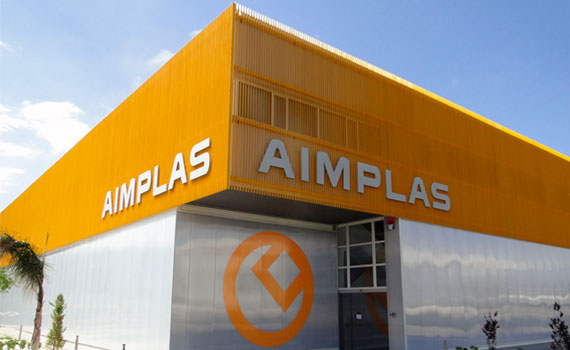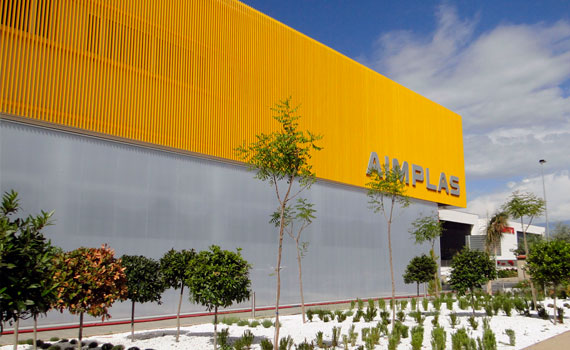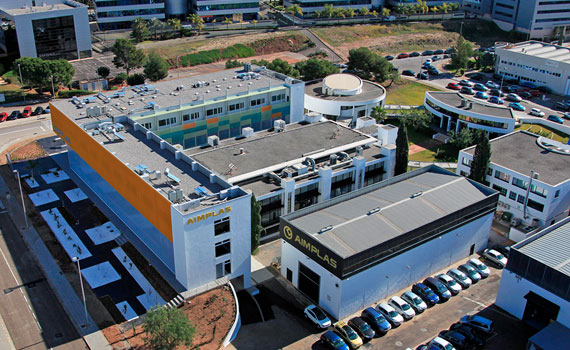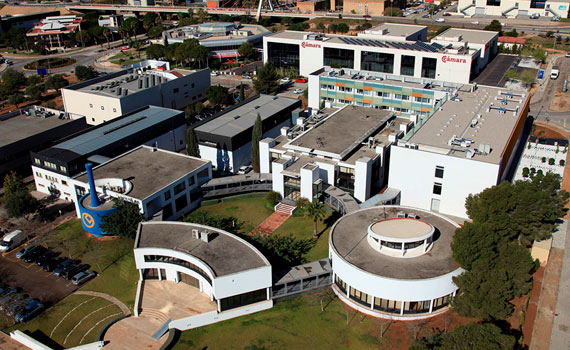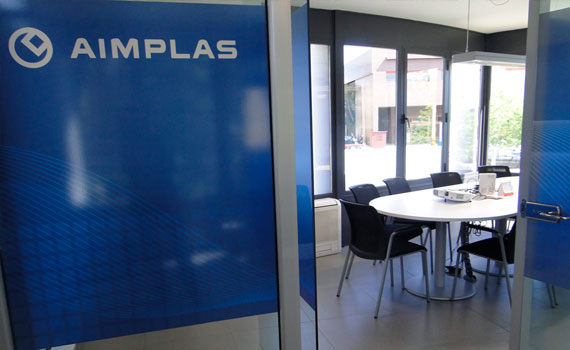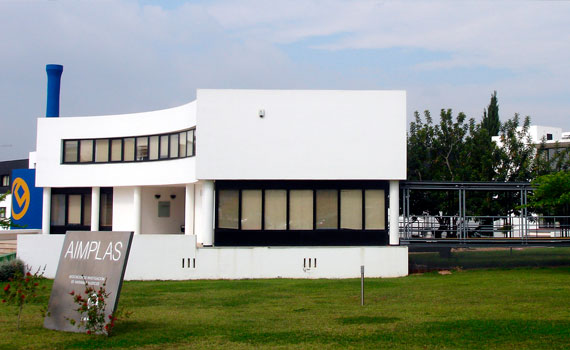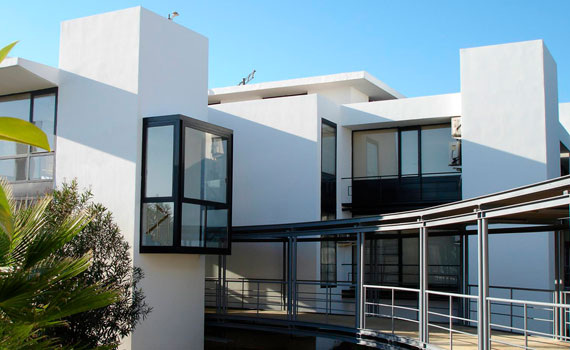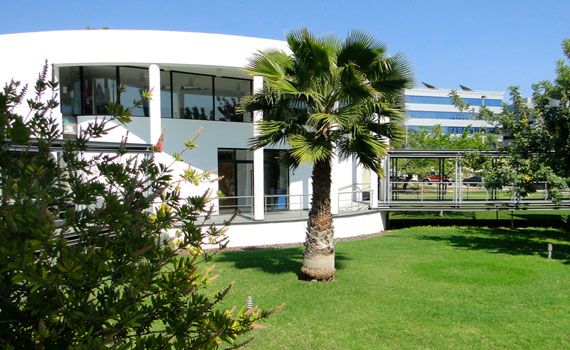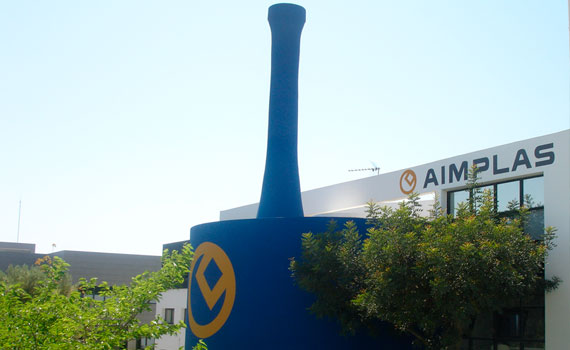Participants

AIMPLAS - Plastics Technology Centre
AIMPLAS is an Innovation and Technology Center that works with the technological needs of companies in the plastics sector and related sectors.
With more than 30 years of experience, the institute co-ordinates R&D projects, and technological services (analysis and testing, technical advice, training and competitive and strategic intelligence) to offer comprehensive and personalized solutions for companies.
AIMPLAS is a non-profit research association belonging to the Technology Institute Network of the Valencian Community (REDIT) and the Spanish Federation of Technological Institutes (FEDIT). It also participates in Research Networks to promote the research and economic development of companies that use composite materials, nanomaterials and biodegradable or environmentally sustainable materials. AIMPLAS belongs to IMAUT (Innovation in Mobility, Automotive and Transport) and the Spanish Federation of Technological Institutes (FEDIT). It is also an active member of other Technological Networks such as AESICOM and FEDIT and they are also a member of the Spanish Association of Compostable Biodegradable Plastics (ASOBIOCOM).

Fundación Cajamar
Fundación Cajamar is a Spanish non-profit foundation that was created by the Cajamar credit cooperative bank in 2006 to ‘generate and disseminate knowledge´ throughout society´. Fundación Cajamar carries out research in their research center in Almería (Spain), where there is the highest concentration of greenhouses in Europe. This center has been experimenting on greenhouse horticulture since the Cajamar company began in 1975. Their research is focused on the development of new technologies for the bioeconomy as well as on alternative products for Mediterranean greenhouses. The foundation always keeps in mind the sustainability of their greenhouse systems, both in terms of resources (water, nutrients, energy, etc.), waste management and the revaluation of agricultural by-products.
Their research team has focused on improving water use and irrigation scheduling in horticultural greenhouse crops, biological pest control, fertigation management, cultivation techniques, greenhouse technology, bioeconomy and circular agricultural. The Research Center has a total surface area of 14 ha (2.7 ha are occupied by 29 greenhouses and 8 ha are dedicated to outdoors fruit crops). Their facilities feature buildings, ponds, pathways, a conference room, a laboratory for chemical analysis and another for bio-productive controls, etc. There are also automatic fertigation and climate controllers, drainage lysimeters, weather stations, etc.
Their research activity is divided into four departments: Agri-Sustainability, Greenhouse Technology, Food and Health, and Bio-Economy. Furthermore, there is also a horizontal Dissemination department.
The foundation makes sure that they continually communicate with greenhouse industry stakeholders, from growers and technical advisors (through the cooperatives) to greenhouse-related technology manufacturers, and other research centres.
Promoting the foundation´s research is important to Cajamar and their technical documents are even available for free online (http://www.publicacionescajamar.es/). The foundation also organises transfer activities across the country. More than 100 take place every year and they are attended by almost 8,000 people. Moreover, almost 4000 people have visited the centre. CAJAMAR have also created a national platform called the land platform (https://www.plataformatierra.es/) and a high technology water incubator called Cajamar Innnova (https://cajamarinnova.es/en/home/).
What CAJAMAR doesCajamar researches the most important soil and water variables that affect the biodegradation of biomaterials. The foundation then applies these variables to their biodegradation models. They also apply data from physical, chemical and biological properties to their models. The results of this research will be made up of:
- A compilation of quality databases detailing the different parameters defined in the proposal about soil, marine and freshwater environments.
- An assessment identifying the different variables that are implemented in the different biodegradation predictive models.
- Definitions of the different scores of each parameter according to their relative importance when comparison to other scores/parameters to be applied to different cases within the predictive model.




